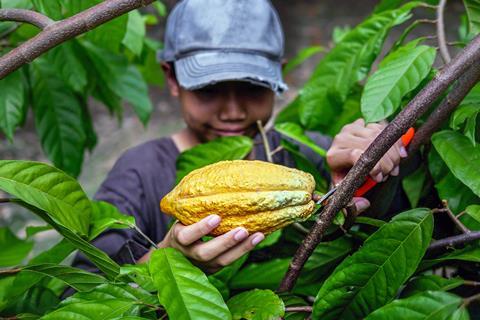
The forthcoming EU Deforestation Regulation (EUDR) is driving efforts on traceability of chocolate supplies, a new report has revealed.
However, despite positive findings, the latest trader assessment published by the Retailer Cocoa Collaboration (RCC) on 5 June noted a lack of progress on tackling poverty and child labour within the cocoa farming sector.
The report is based on the results of a questionnaire sent to nine global cocoa traders prevalent in RCC Member supply chains, assessing their performance during 2023 against a range of social and environmental metrics. Seven of the traders responded this year, while the remaining two were assessed based on publicly available information and data supplied in previous years. The survey was carried out by sustainability advisors 3Keel on behalf of the RCC, which is formed of a coalition of 11 UK and EU retailers including Tesco, Aldi, and Sainsbury’s.
Read: How bakers can make new toppings and fillings despite the choc crisis
A key takeaway from the report is that indirect supply chains – where a trader does not buy directly from the cocoa farmer – are risk hotspots for environmental and human rights issues. Nearly all commitments and initiatives cover just the direct portion of a trader’s supply chain, leaving risks of unchecked human rights abuses and deforestation in a significant proportion of supply chains, cautioned the RCC report.
Year-end deadline
The new regulations mean that any business selling within the European Union (sweet bakery exporters in the UK for example) is required to be EUDR-compliant by 30 December 2024. For a firm to be compliant, it must be able to show that all of its forest-based products are legal, not sourced from deforested land, and do not contribute to degradation.
The assessment reported on the progress made ahead of the EUDR’s deadline, including that the average proportion of a trader’s direct supply of cocoa traceable to farm has jumped from 52% in 2022 to 71% in 2023. Three traders were able to report near-full traceability of their direct supply chain.
“This is welcome news,” commented Holly Cooper, the RCC report’s lead author, although she noted it was a different story when it came to cocoa from indirect sources.
In 2022, the average proportion of a trader’s indirect supply of cocoa traceable to farm was just 9%. In 2023, this increased to 22%. “This increase in traceability is a step in the right direction but traders source as much as 97% of their cocoa indirectly, so this means that overall, the sector is not yet ready for the EUDR,” asserted Cooper.
“More fundamentally, this lack of traceability means the sector has significant blind spots in its ability to understand and address sustainability risks in the cocoa supply chain,” she added.
Labour issues
While most traders now have policies in place to show a commitment to zero deforestation, the report found that these are nearly always limited in scope by geography and/or exclude land conversion.
Elsewhere, it found there is a distinct lag when it comes to paying farmers a living wage and eradicating child labour. These issues are widespread and have complex roots and so have been a focus for action in cocoa supply chains for many years, it confirmed, while noting with the following three findings:
- Only five traders reported data on the use of Child Labour Monitoring and Remediation Systems (CLMRS), which remain a key tool for traders to tackle child labour.
- None of the traders reported CLMRS use within indirect supply chains, creating a very significant risk of child labour occurring.
- The two best performing traders have just over half their direct supply farmers receiving a living income, with three reporting that just 10% or fewer did so – only one trader reported on living wages in their indirect supply chain, with 51% of farmers receiving a living income.
There is some hope, however. The report showed that certification schemes remain a key tool for supporting improved practices and demonstrating a commitment to sustainable production. The proportion of supply chain certification has increased, with the Rainforest Alliance the most prevalent independent scheme. Traders have significant volumes falling under their own proprietary certification schemes.
Looking forward
As highlighted in British Baker’s recent ingredients report, cocoa prices have soared in the past few months due to poor harvests in key producing regions. “With global supply tight and prices exceptionally high, there is real risk that progress on addressing environmental and social issues could be stalled or even reversed in the scramble for high-quality supply,” warned Cooper. “The lack of policies and commitments covering indirect supply make these particularly high-risk.”
The RCC has made four recommendations for cocoa traders:
- Include indirect supply chain in sustainability commitments and actions
- Ensure that deforestation commitments are adjusted to cover all possible sources and relevant causes of deforestation, while incorporating restrictions on land conversion
- Address and report progress on child labour in supply chain
- Ensure all cocoa farmers receive a living income






















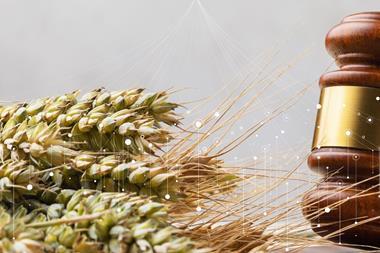
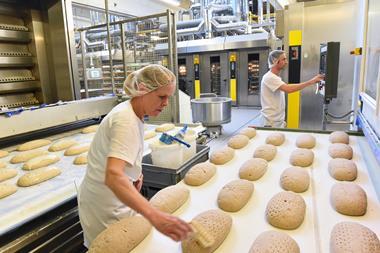
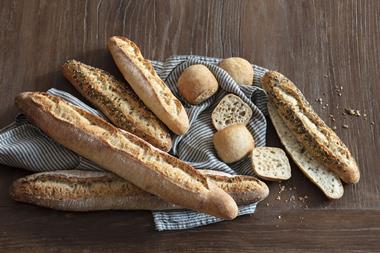
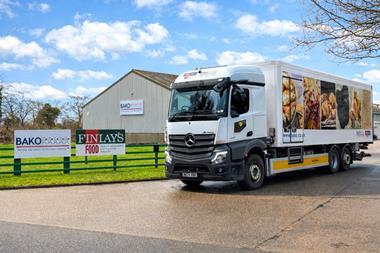


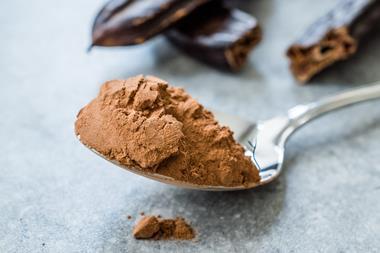
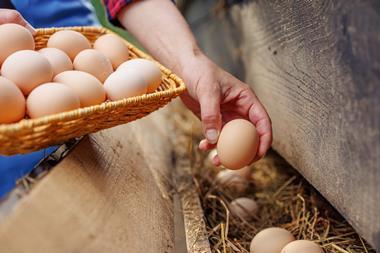


No comments yet